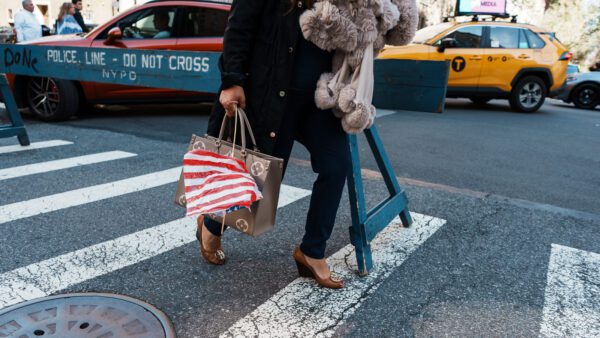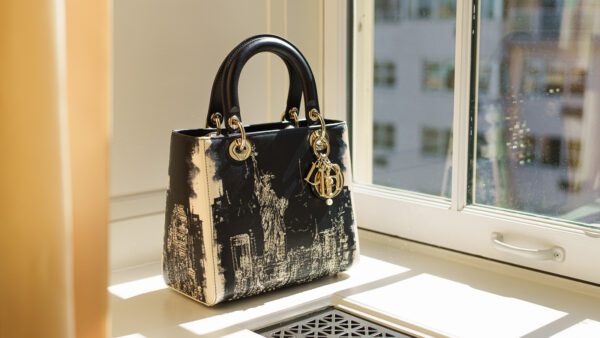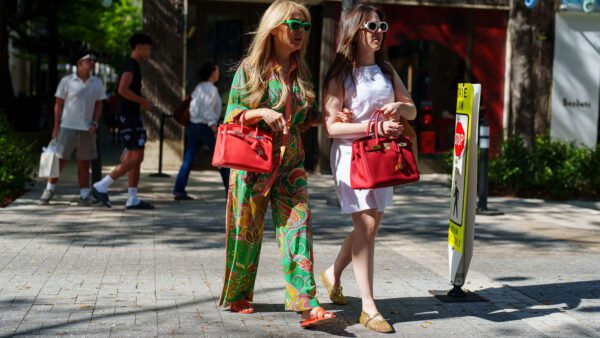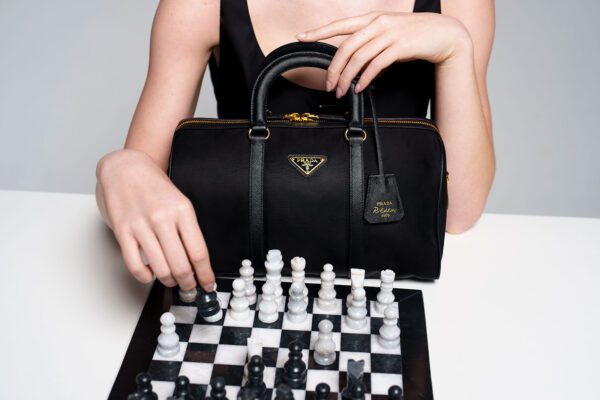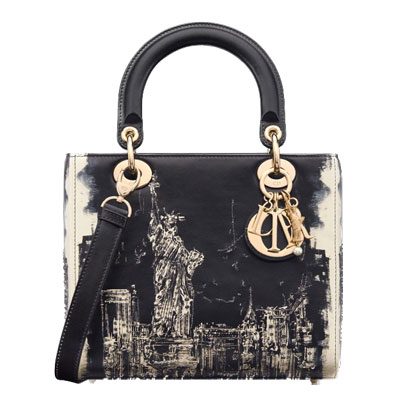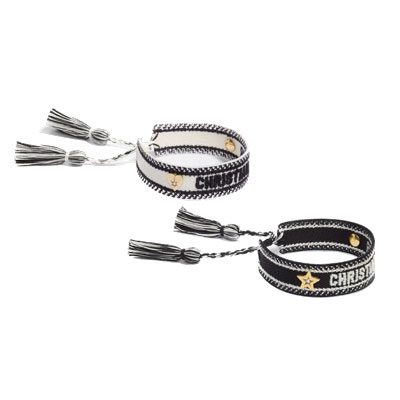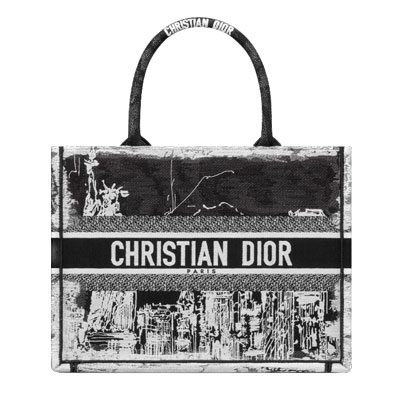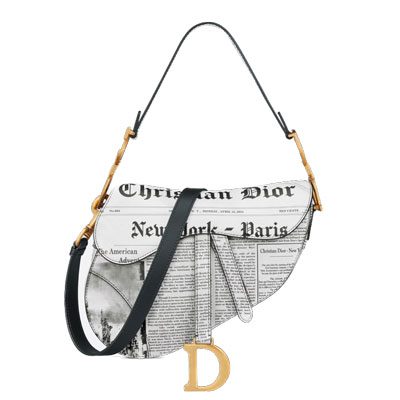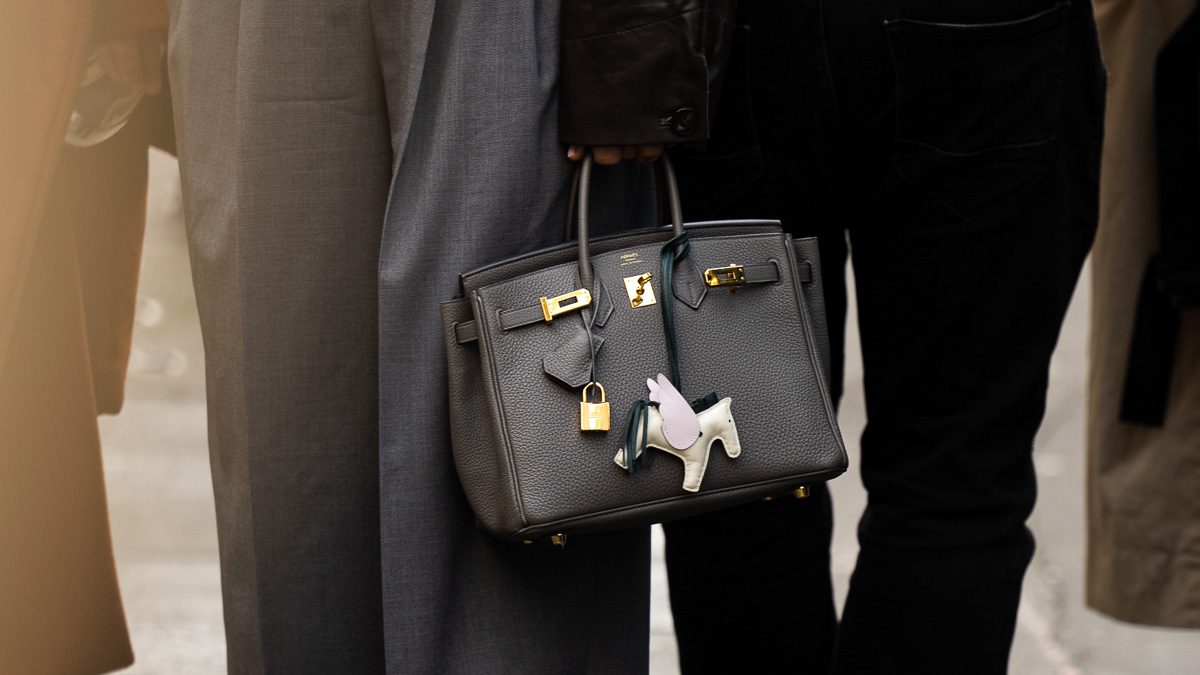Earlier this week, a lawsuit alleging that Hermès’ sales practices run afoul of U.S. Antitrust law was filed in the Northern District of California.
Two state residents, Tina Cavalleri and Mark Glinoga, are the listed Plaintiffs for a proposed class-action lawsuit in which they claim that what we here refer to colloquially as “pre-sale” constitutes the unlawful practice of tying.
Specifically, the lawsuit states that each Plaintiff has attempted on multiple occasions to purchase a Birkin1, and on each such occasion that they requested to make such a purchase, they were denied by a Sales Associate and were directed to purchase other items so as to build up a purchase history sufficient to be approved for one.
While various other news reports of this lawsuit sound somewhat compelling, we at PurseBlog took a look at the filed Complaint and were less than impressed.
Details of the Complaint
A cursory reading of the filing (which has numerous typographical errors including – embarrassingly – misspelling “Birkin” more than once) makes clear that the Plaintiffs are represented by counsel who seem to know little about the luxury handbag market or the luxury retail business practices we regularly discuss here and on PurseForum.
They seem to know even less about Hermès, especially the retail effect of podium and their product availability in general. The factual allegations on which the complaint is based seem to have numerous errors, including:
- Plaintiffs seem to allege that Hermès sells everything except for Birkins directly to clients on its website (paragraphs 19 and 27). Of course, the Hermès website sells only a fraction of the items in production online and leaves out some métiers2 entirely; this is common not just with Hermès but with other Luxury Houses such as Chanel or Louis Vuitton;
- They claim that Hermès has “expended millions of dollars in the United States advertising the Birkin handbag”3 and as a direct result, they have sold “thousands” of them (24);
- They allege that Hermès has been able to increase the price of the Birkin because it requires clients to buy other items before they can buy one (26), which fails to acknowledge both Hermès’ consistent price increases over the last 25 to 30 years, and the proportionally-equal-or-even-greater price increases among the other Luxury Houses, most notably Chanel handbags;
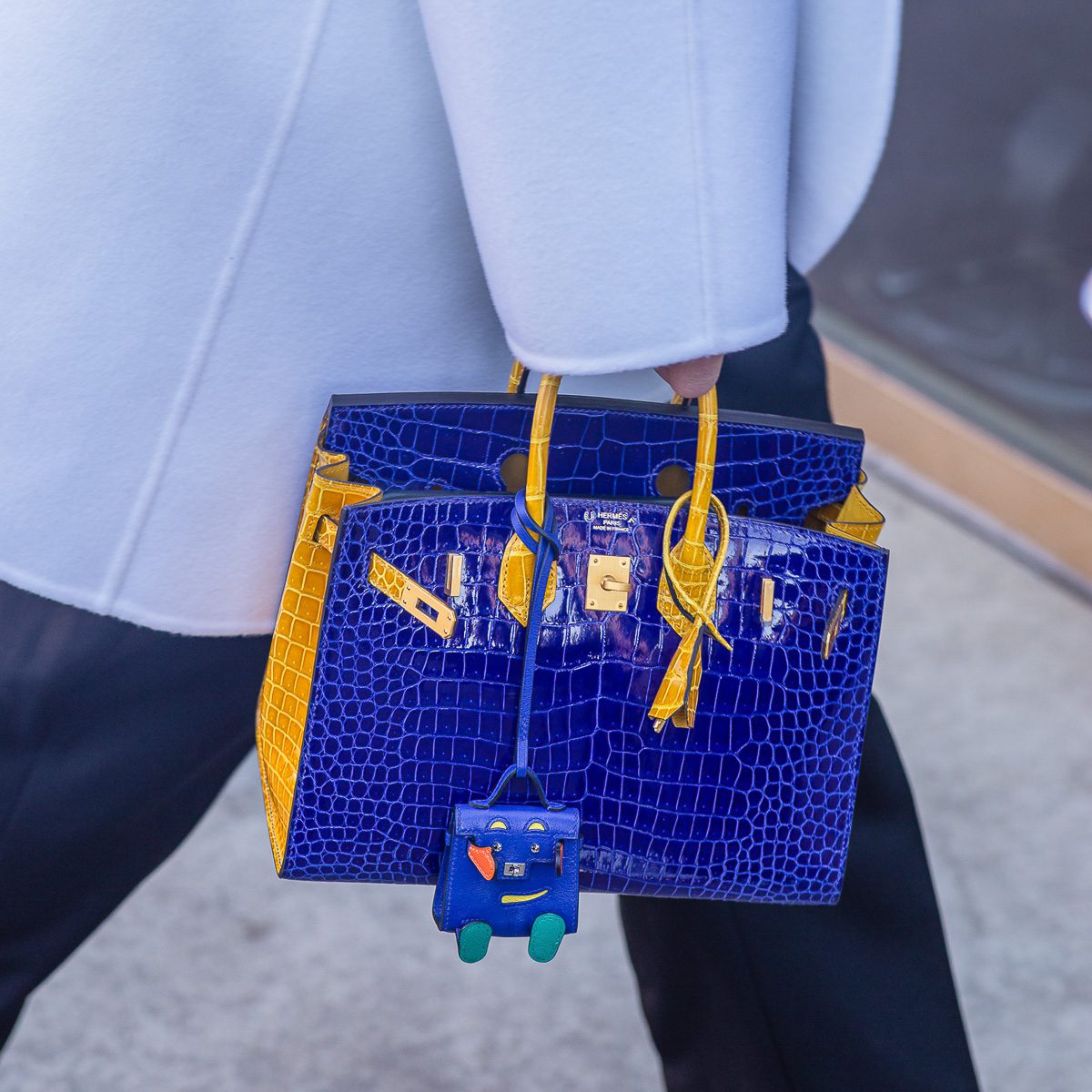
- They seem to imply that the Birkin is the only product that is never to be found in a retail store unless the client is “deemed worthy of purchasing” one (27). However, it has become difficult to find any handbag at all for sale on the Hermès website, and in the boutique, it is not just the Birkin but many other popular, in-demand items;4
- Plaintiffs are unaware of the Special Order process, instead stating that a Birkin can never be ordered and that “[f]or all practical purposes, there is no way to order a bag in the style, size, color, leather and hardware that a consumer wants” (27). Of course, due to scarcity, this has become increasingly rarer; however, our PurseForum boards have regular posts of new or newer clients being offered Birkins and Kellys beyond the appointment system at FSH;
- Plaintiffs allege that the fact that Sales Associates receive no commission on Birkins is proof of corporate pressure to push clients to purchase other commissioned items (29).
Breaking Down the Allegations
In the Complaint, Plaintiff Cavalleri alleges that she spent “tens of thousands of dollars” and was forced to purchase other items (“Ancillary Products”) to be offered a Birkin. This was after she inquired about purchasing one in September 2022 and was told that the bags were being offered to “clients who have been more consistent in supporting our business.” (31)
As a result, Plaintiff “was unable to purchase another Birkin handbag in September 2022” [emphasis added].5 Plaintiff Glinoga alleged that he made several attempts to purchase a Birkin in 2023 but was told to purchase other items, and therefore, he did not purchase a Birkin.6
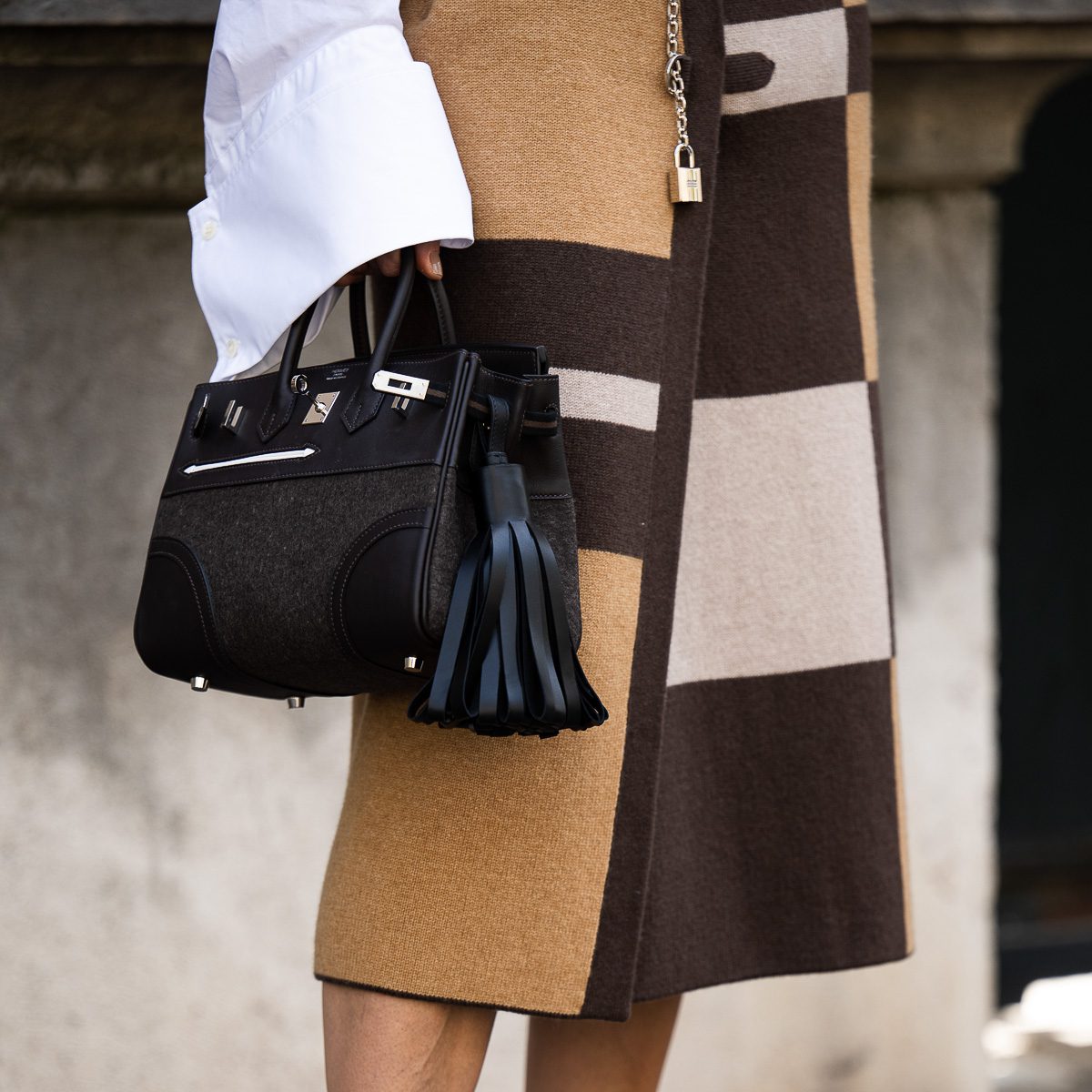
Plaintiffs allege that Hermès’ actions through its Sales Associates violate various federal and state laws.7 It proffers that only allowing clients with a sufficient purchase history to be offered a Birkin constitutes the practice of tying, which is defined as “selling one good (the tying product) on the condition that the buyer also purchases another, separate good (the tied product).”
Black Box Corp. v. Avaya, Inc.8 The lawsuit also claims that Hermès has a monopoly – over Birkins – which it uses to both charge higher prices and sell its other products and that the sale of those other products restrains its competitors for those other (non-Birkin) products.
Where Do We Go From Here?
It should be noted that neither monopolies nor tying is always illegal and that there are legitimate reasons for each. Hermès cannot be forced to increase production to satisfy the market, and it’s hard to grasp when claiming that Hermès has a monopoly on Birkins, just who the restrained competition is.
Further, the alleged tying is very open-ended; in most cases, the tied item is something specific. Hermès can’t be restraining its market competitors for every single non-Birkin item it produces, because it produces so many items.
While this case is clearly a fashion-headline grabber, there are a number of market realities that the Plaintiffs will have to overcome, including increased product scarcity (due to exponential growth in product popularity), consistent history of price increases, what constitutes an illegal monopoly and valid retail issues Hermès is trying to avoid, including selling to resellers and/or counterfeiters.
- It should be noted here that when Plaintiffs use the term “Birkin,” they mean both the Birkin and the Kelly. ↩︎
- Like crystal, or even just the lighting. ↩︎
- Have you seen any Birkins advertised lately? ↩︎
- This includes the various Kellys – some of which, like the Mini Kelly, are even harder to get than the Birkin – as well as the Constance, Mini Lindy, TPM Evelyne, as well as other in-demand bags. Further, we know that this applies to far more than handbags, as anyone trying to purchase, say, a PM Rodeo Pegase or a Mini Bearn will attest. ↩︎
- This leaves one with a number of questions about Plaintiff’s relationship with Hermès and purchase history. ↩︎
- Again, this leaves one with a few questions about Plaintiff’s purchase history. ↩︎
- The Sherman Act (15 U.S.C. §2), the Cartwright Act (Bus. & Prof. Code, §16720 and 16727), and, as a result, California’s Unfair Competition Law (Bus. & Prof. Code §§17200 et seq.). ↩︎
- ” The antitrust concern over tying arrangements is limited to those situations in which the seller can exploit its power in the market for the tying product to force buyers to purchase the tied product when they otherwise would not.” Black Box Corp. v. Avaya, Inc., 2009 U.S. Dist. LEXIS 82069 (D.N.J. Sept. 8, 2009)” ↩︎

